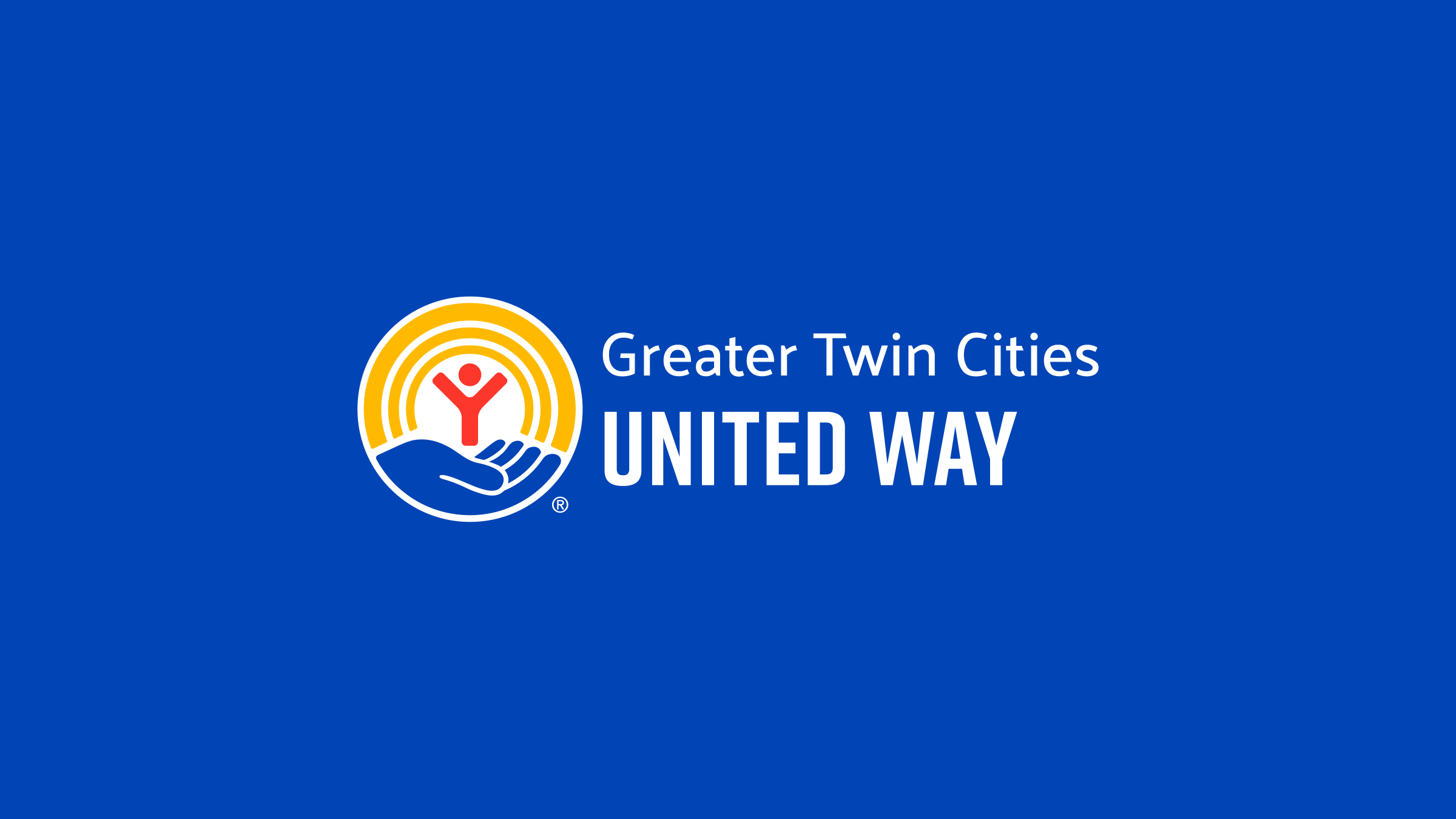
Greater Twin Cities United Way recently launched a series of Community Insight Sessions with our community partners. During these gatherings, we share learnings and new ideas, and discuss topics that are critical to helping our community thrive, including access to stable housing, healthy food, a strong education and wealth-building jobs.
Minnesota is facing a historic labor shortage and skills gap. By 2024, our state is projected to have 400,000 unfilled jobs. Without an investment in educational and training experiences, we will not have the skilled workers needed to fill these positions. Additionally, persistent racial disparities disproportionately disadvantage people of color, American Indians and New Americans from entering or advancing within the workforce.
At Greater Twin Cities United Way, we recognize the significant role financial health plays as a predictor of financial mobility and stability. That’s why we’re partnering with community on innovative programs to ensure everyone has the opportunity to gain knowledge and skills for employment, advance in their careers, and increase their net worth.
We recently convened a panel of community experts to discuss current and future trends in employment and financial stability programming in the Greater Twin Cities. Economic opportunity initiatives like those offered by United Way-funded community partners International Institute of Minnesota and Center for Economic Inclusion are important to helping more people access pathways to prosperity.
Our economic opportunity vision is a Greater Twin Cities region where all adults have the opportunity to participate in the workforce and advance toward prosperity and wealth building. This requires a robust network of training, employment and financial health supports for job seekers from low incomes to meet their diverse interests, skills and needs.
Through our multiyear grantmaking, United Way invested $3.3 million in 23 job training and career pathways programs in 2019. We invest in proven practices; multiply success through partnerships with community agencies, volunteers and donors; and innovate promising strategies to create and scale change.
Jane Graupman is the CEO and executive director of the International Institute of Minnesota, a United Way community partner that provides comprehensive services to New Americans, including immigrants and refugees. New Americans make up nearly 10 percent of workers in our state,¹ and it’s important from both a humanitarian and economic standpoint that we invest in job training and career pathways programs for this community.
“The folks we’re working with are a huge asset to our state. We don’t want to waste any human potential,” explained Jane. Many of the Institute’s clients were living in refugee camps for 20 years before coming to Minnesota looking for education, work and a better life for themselves and their families.
One of the Institute’s flagship initiatives is their nationally recognized Medical Careers Pathway career development program, which United Way has supported for 30 years. The majority of New Americans come from cultures where respect for elders is a fundamental belief, and the program helps students maximize their talents in a high-demand field.
“We need all the talent we can get, and everyone deserves opportunity,” said Jane. “To have a strong economy, we need everyone in the economy.”
As the vice president of programs and partnerships for the Center for Economic Inclusion, Shana Ford is building a business model for both the public and private sectors to help employers bring in and retain more diverse talent.
“We are not investing enough in people and communities of color,” explained Shana. “They are getting jobs, but rent is still high, and incomes are low. People are making decisions every day between paying for rent and feeding their families.”
Shana explained that economic opportunity is about more than just jobs – it’s also about family-sustaining wages, building wealth, and managing large expenses, such as childcare.
“In the state of Minnesota, we have closed the wealth gap only 1 percent in the last 10 years,” said Shana. “If we’re really going to make a change in economic opportunity, we need to start creating pathways to wealth and sustainable wages.”